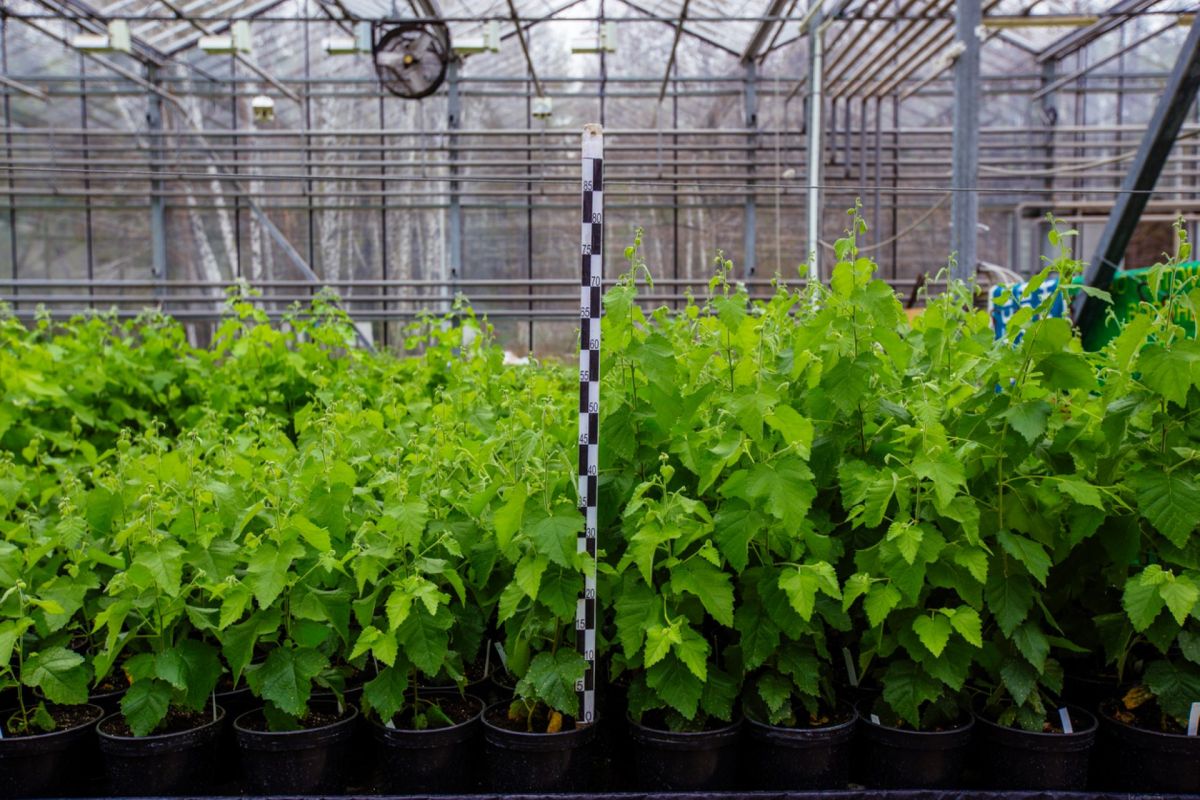A team of scientists has developed trees that could help improve paper production while decreasing environmental impact.
About a quarter of wood consists of something called lignin. While lignin serves an important role for trees, helping them grow taller and get more sunshine, the paper and fiber industries have to remove it because it lowers the quality of their products.
To help solve this problem, researchers at North Carolina State University investigated how to create trees with less lignin. They used a predictive machine learning model to identify genes in poplar trees that they could alter in order to create the ideal specimen.
They ultimately generated 174 engineered tree lines using a genetic engineering technique called CRISPR. These were grown inside a greenhouse for six months and showed improvements in desired properties compared to their wild counterparts — the most drastic cases saw a 29% decrease in lignin content and a 228% increase in cellulose-to-lignin ratio.
"[This was] certainly pushing the boundaries in terms of what has been done," co-author Jack Wang, a forest biotechnologist also at NCSU, told The Scientist.
Though many of the edited trees grew slower, the scientists predict that CRISPR-edited wood will boost fiber production efficiency. Less lignin content also means less energetic and chemical output required to remove it, which translates to less planet-warming pollution.
This is particularly pertinent because the lignin removal process is very energetically demanding and also generates chemical waste, according to Vânia Zuin Zeidler, another scientist unaffiliated with the study.
This is just one breakthrough that is helping to increase agricultural production while also reducing human and environmental impacts. For instance, a startup in France is creating plants that have 30 times more air-purifying qualities than usual. This can benefit people in urban areas affected by air pollution.
Plus, scientists are finding innovative ways to help agricultural products adapt to a warming world. One team has developed wheat that can better cope with droughts.
As we reduce pollution, it also helps to control the heating of our planet. This, in turn, helps protect communities from extreme weather events and protects our food supply from climate catastrophes.
Join our free newsletter for weekly updates on the coolest innovations improving our lives and saving our planet.









